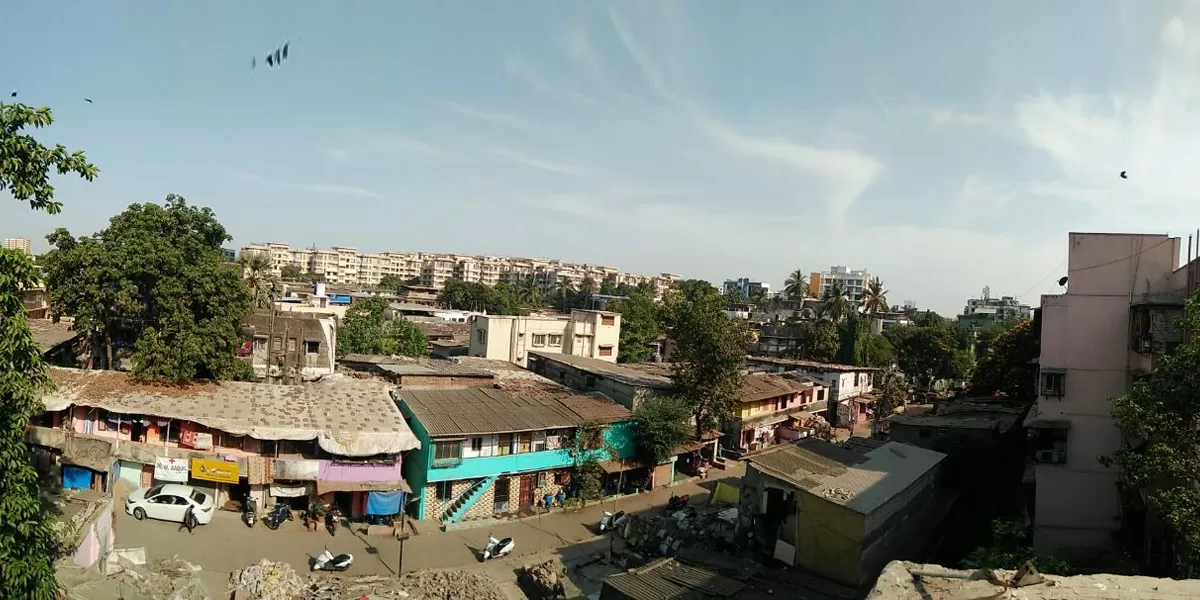Now Reading: Madras HC Stops TN Housing Board’s Extra GST Demand: 4 Insights
-
01
Madras HC Stops TN Housing Board’s Extra GST Demand: 4 Insights
Madras HC Stops TN Housing Board’s Extra GST Demand: 4 Insights

Table of Contents
The Madras High Court (HC) has recently delivered a significant ruling by barring the Tamil Nadu Housing Board (TNHB) from demanding additional Goods and Services Tax (GST) from home buyers. This ruling marks a crucial development for prospective homeowners in Tamil Nadu, as it protects them from unexpected extra financial burdens and brings clarity to the tax obligations related to housing purchases.
Background of the Issue

The controversy began when the TN Housing Board started seeking extra GST charges from home buyers over and above the initially agreed sale price. This demand raised serious concerns among home buyers, many of whom had already planned their budgets based on the original agreements. The TNHB’s justification was based on interpretations of GST laws which, according to the Board, allowed it to claim the tax difference.
However, this move did not sit well with buyers or legal experts. Many argued that the extra GST demand was unfair and not backed by the contractual terms agreed upon during the sale. As a result, affected buyers filed petitions in the Madras High Court, seeking relief from these additional charges.
Madras High Court’s Judgment
After examining the petitions and considering the legal arguments presented by both parties, the Madras HC ruled firmly against the TN Housing Board. The court held that the TNHB cannot demand any extra GST from home buyers beyond what was initially agreed upon in the sales contracts. The ruling emphasized that the tax liability lies with the seller (TNHB) and must be settled within the agreed price, protecting the buyer from unforeseen tax hikes.
The court’s decision clearly stated that the TN Housing Board’s action to seek additional GST is not legally valid and amounts to an unfair practice against home buyers. The judgment also highlighted that the Board must comply with existing GST laws without imposing additional financial burdens on buyers after the contract has been signed.
Implications for Home Buyers and Real Estate Sector
This ruling brings much-needed relief to home buyers in Tamil Nadu. Many buyers, especially first-time homeowners, face financial constraints and uncertainties when purchasing property. The Madras HC’s decision protects their interests and ensures transparency in housing transactions.
Moreover, the verdict sends a strong message to government housing boards and real estate developers about adhering strictly to contractual terms and GST regulations. It discourages any attempts to impose hidden or extra charges that could exploit home buyers.
Industry experts believe this ruling will encourage more trust and confidence among property buyers, positively impacting the real estate market. When buyers are assured that their financial commitments are clear and legally protected, they are more likely to invest in properties, benefiting the overall economy.
GST and Real Estate: Understanding the Basics
GST on real estate has been a complex subject for many buyers and developers since its introduction in India. Goods and Services Tax is a unified tax system designed to replace various indirect taxes and bring transparency. In real estate, GST is applicable to under-construction properties but not to completed and ready-to-move-in properties.
The tax is generally included in the sale price, and buyers expect that the amount payable at the time of purchase includes all such taxes. However, confusion often arises about who bears the tax liability and whether additional GST can be demanded post-sale.
The Madras HC’s ruling clarifies these ambiguities, particularly for government bodies like TNHB, reinforcing that the seller must absorb GST within the contract price and cannot burden the buyer with extra tax demands later.
Responses from Stakeholders
Many home buyers and consumer rights groups have welcomed the Madras High Court’s judgment. They see it as a victory for consumer protection and fair housing policies. Mr. Ramesh Kumar, a real estate analyst, stated, “This decision ensures that buyers do not get trapped in unfair tax demands and that government boards act responsibly.”
On the other hand, the Tamil Nadu Housing Board has expressed the need to review the judgment and explore ways to comply without passing on additional costs to buyers. They acknowledged the importance of maintaining trust with the public and promised greater transparency in future transactions.
What Home Buyers Should Know Moving Forward

Home buyers must always verify the total price payable, including any taxes, before signing agreements. It is advisable to seek clarity on GST charges and ensure all terms are documented clearly in the contract. Buyers should also stay informed about legal developments like this ruling, which can protect their financial interests.
The Madras HC’s ruling has set a legal precedent that can be referred to in future disputes concerning GST and real estate transactions in Tamil Nadu and potentially in other states as well.
Conclusion
The Madras High Court bars TN Housing Board from seeking extra GST from home buyers, delivering a win for consumer rights and legal clarity in the real estate sector. This ruling not only protects buyers from unexpected tax demands but also encourages transparency and accountability from housing authorities. For home buyers in Tamil Nadu, it is a reassuring step towards fairer housing policies and a more trustworthy property market.
Also Read – Bursa’s RM350k Blow: Real Estate Directors Face Consequences






















